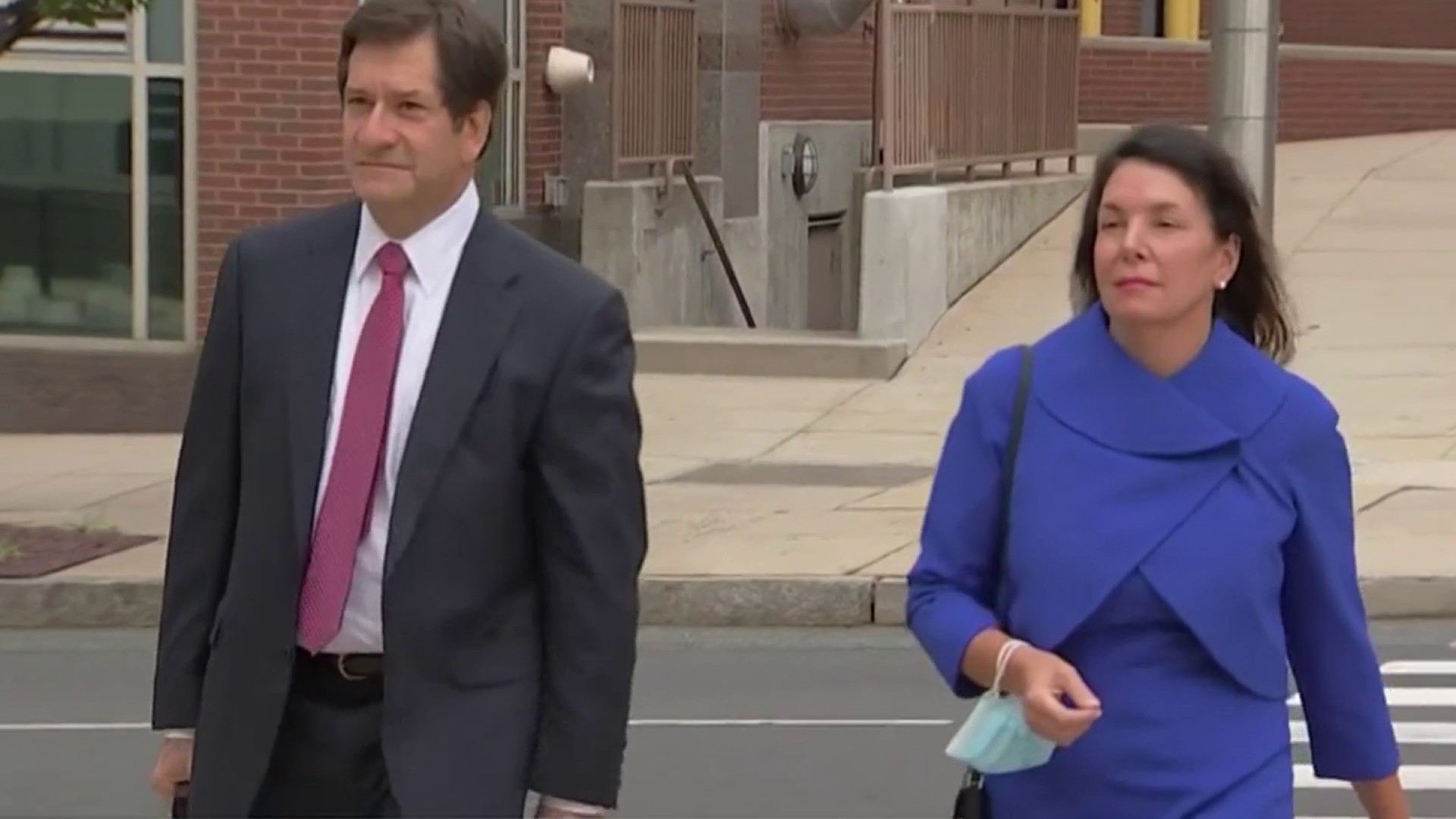Delaware’s attorney general must provide the embattled state auditor with certain documents that might help support her claim that she has been targeted for selective prosecution on public corruption charges, a judge ruled Wednesday.
Superior Court Judge William Carpenter Jr. agreed that a defense attorney for Auditor of Accounts Kathleen McGuiness had presented a “colorable basis” for a selective prosecution defense and is entitled to certain information that could bolster that claim.
Carpenter noted that McGuiness appears to be the first Delaware official to face criminal prosecution for alleged violations of laws prohibiting conflicts of interest and the structuring of public contracts to avoid reporting requirements. McGuiness has said that others in state government have acted similarly without being prosecuted.
“These assertions lay the initial foundation for the first prong of defendant’s selective prosecution claim and take the discovery request past frivolous,” he wrote.
Get Philly local news, weather forecasts, sports and entertainment stories to your inbox. Sign up for NBC Philadelphia newsletters.
Carpenter ordered prosecutors to provide McGuiness with the name and job description of any employee who was hired by the office of a statewide elected official since Jan. 1, 2019, and is a “close relative” under Delaware law. That definition applies to a parent, spouse, child or sibling.
Prosecutors must also provide McGuiness with copies of any professional services contracts for $50,000 or less that have been approved by the governor or attorney general since Jan. 1, 2019.
The judge declined, however, to order prosecutors to turn over other types of documents sought by McGuiness, including any state agency personnel policies prohibiting or limiting nepotism. He noted that because McGuiness says she is being treated differently from similarly situated individuals, information relating to others who are not similarly situated is irrelevant.
He also noted that the Department of Justice has already provided McGuiness with a copy of its own anti-nepotism policy, and with a chart showing requests made by statewide elected officials for permission to monitor emails of their agency employees.
The judge also denied a defense request for prosecutors to provide the names of employees or entities who made campaign contributions to the attorney general and who were thereafter employed by the Attorney General’s Office or awarded professional services contracts.
A spokesperson for the Democratic Attorney General Kathleen Jennings declined to comment on the ruling.
Steve Wood, the attorney for McGuiness, did not immediately respond to phone messages.
McGuiness, a Democrat who was elected in 2018 is responsible for rooting out government fraud, waste and abuse, was indicted last year on felony counts of theft and witness intimidation. She also faces misdemeanor charges of official misconduct, conflict of interest and noncompliance with procurement laws.
The charges include allegations that McGuiness hired her daughter and one of her daughter’s friends, both high school seniors at the time, as temporary employees in May 2020, even though other temporary employees had to leave their positions because of the lack of available work amid the coronavirus pandemic.
McGuiness also is charged with orchestrating a 2019 no-bid “communications services” contract for a company she had used as a campaign consultant when running for lieutenant governor in 2016. Investigators said McGuiness evaded public bid requirements by keeping the initial contract with My Campaign Group just under the $50,000 threshold that requires public bids.
She also avoided getting approval from the Division of Accounting, a separate state agency, for the payments to My Campaign Group by splitting up invoices and keeping payments under the $5,000 reporting threshold, according to prosecutors. They also said that two payments to My Campaign Group were made outside the initial $45,000 purchase order, bringing the total that the company was paid to $49,900, just $100 under the public bidding threshold.
Authorities allege that when employees in her office became aware of McGuiness’ misconduct, she responded by trying to intimidate the whistleblowers, including submitting more than three dozen requests to the Department of Technology and Information for the contents of their email accounts. That allowed McGuiness to monitor several employees’ email communications in real time, according to prosecutors, who said McGuiness also monitored the email of a former employee who now works in a separate government agency.
McGuiness has denied any wrongdoing. Her trial is currently scheduled for mid-May but may be delayed while the judge considers rulings on other pretrial motions.



